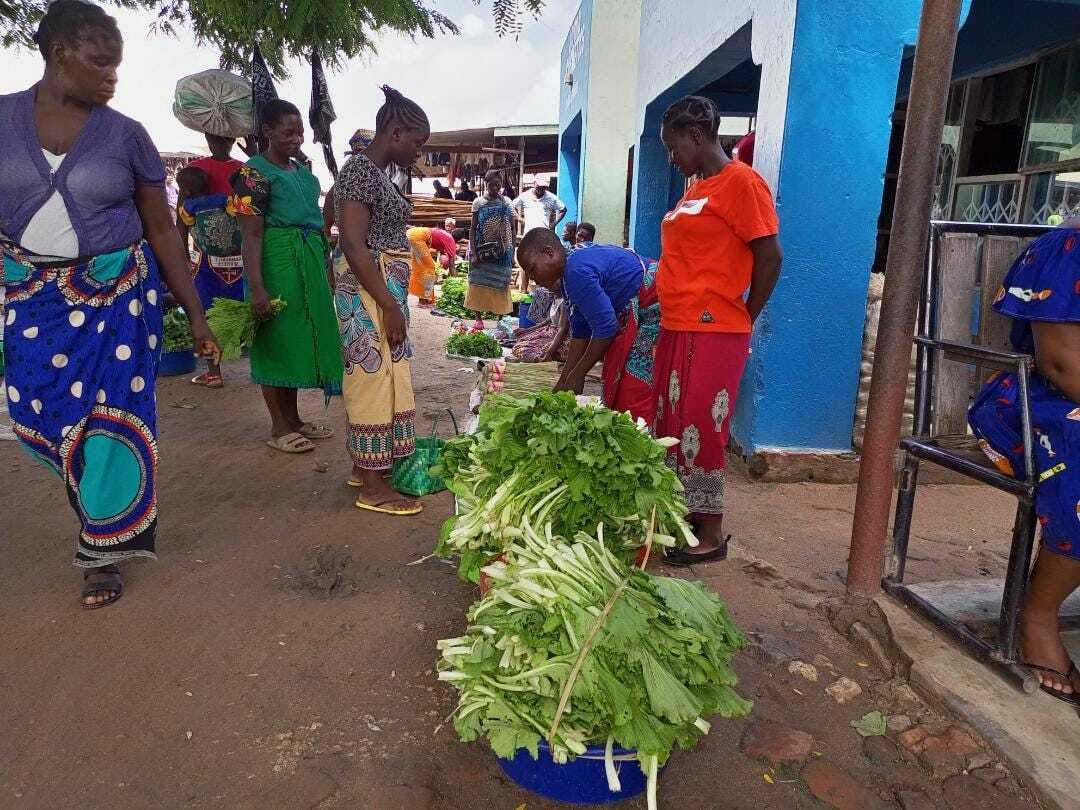
MALAWI: They have persistently been victims of either drought or flooding shifting their abodes between wetland and camps. They remained traumatized and hungry.
Their reliance on relief items left them more vulnerable than ever before as abject poverty continued defining their households.
Yearly the Department of Disaster Management Affairs (DoDMA), UN aid agencies, and NGOs flock to their communities yet their lives remain unchanged as unharvested flood waters ghastly wash away their crops and livestock draining them into the already pregnant Zambezi River en-route the swollen meandering Shire River leaving their farmlands and homes cracked, dry and eroded.
Such is the yearly experience of life among smallholder farmers in the Lower Shire districts of Nsanje and Chikwawa.
They are victims of extreme climatic variations that cause either drought or floods.
As a mitigating factor against climate change, Norwegian Church Aid (NCA) and DanChurchAid (DCA) are implementing a project called Scaling Micro Drip Irrigation at Traditional Authority Ngabu in Chikwawa District.
Nyaekha Village implements one of the 23 gardens (incubators) at Ngabu using the Micro Investment (MI) model where at least 15 smallholder farmers are grouped into an incubator named, Tiyanjane, literally meaning strength in unity.
The incubator grows leafy vegetables, okra, tomatoes, and eggplants.
Tiyanjane Incubator has defied odds and has survived both the damage Cyclone Ana has caused in the area as well as the heatwave that had hit the area due to unprecedented prolonged dry season.
Demand for fresh vegetables, according to the host farmer for Tiyanje Incubator, Mr. Timothy Muyanika, has increased due to Cyclone Ana, as more displaced people have lost their crops and resorted to buying vegetables to supplement their diets in the camps thereby creating a profitable seasonal market.
“Those affected by floods are our main market. Excess vegetables are sold at a bigger market at Ngabu,” saidTimothy Muyanika the host farmer for Tiyanjane Incubator who is also a victim of flooding.
Going by Tom Izzo’s words, ‘Do the little things right to reach the big goals’ one would be justified if more smallholder farmers in Chikwawa had adopted micro-investment model, that promotes diversity, to turn their climate associated crises of drought and floods into a resource for future lucrative business and reliable food security.
Through MI, the project is enhancing smallholder farmers' adaptation to climate change. Micro-drip irrigation technologies allow multiple harvests per year and allow efficient water use.
Micro-investors are encouraged to use improved high-yielding, pest-resistant varieties, and plant agroforestry trees.
The farmers in an incubator are mobilized and organized in one field which acts as a learning point of production of different horticultural crops.
The crops are grown under drip irrigation, which uses a simple-to-use drip kit.
The farmers are expected to graduate and scale up their production by reinvesting in the kits after completion of one-two successful production.
Tiyanjane Incubator plans to invest in more drip kits using the proceeds from their first harvest.
The goal of the DANIDA funded-project is to enable smallholder farmers to adopt micro-drip irrigation technologies to improve food security and increased income through the creation of local markets.